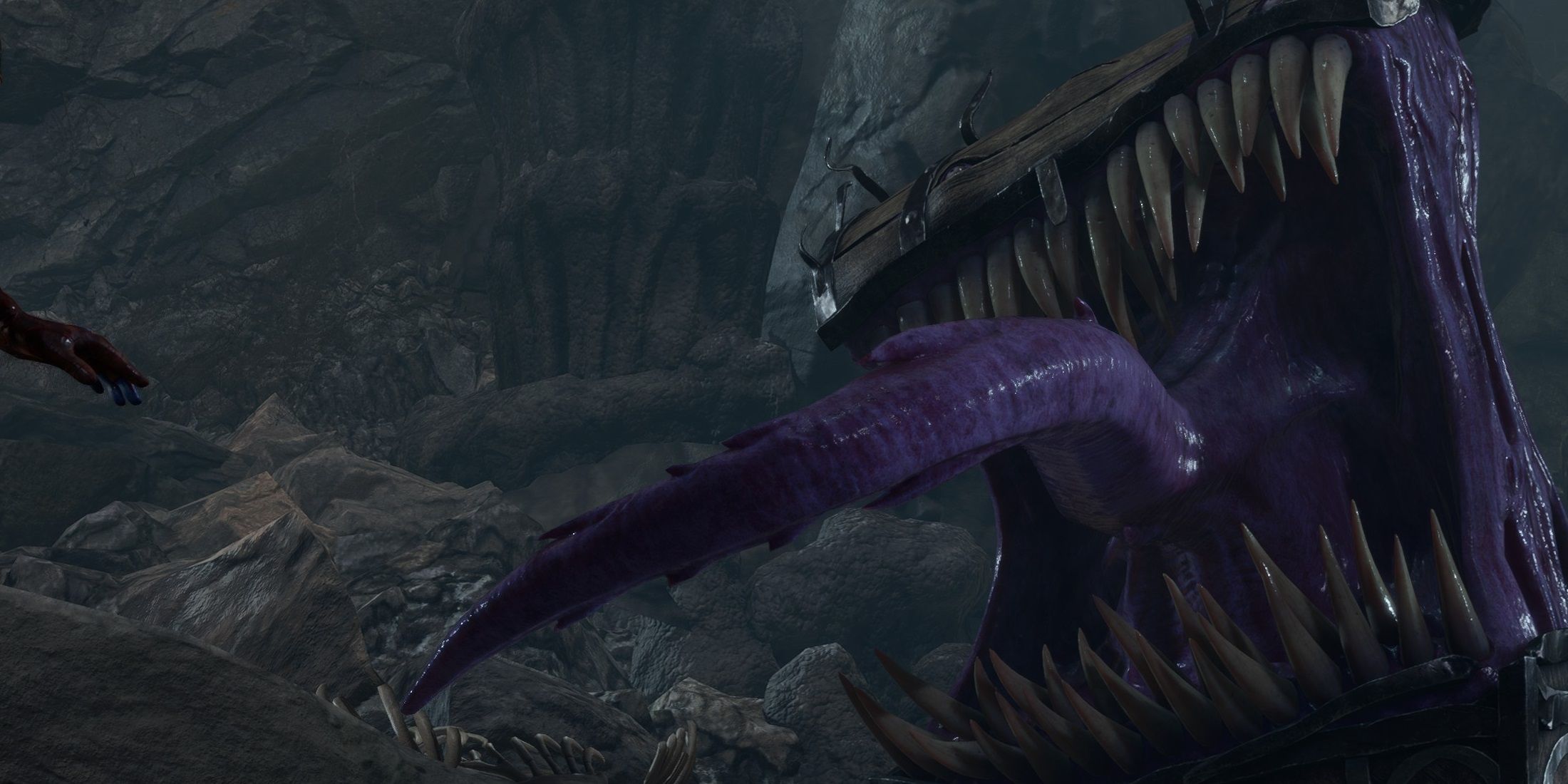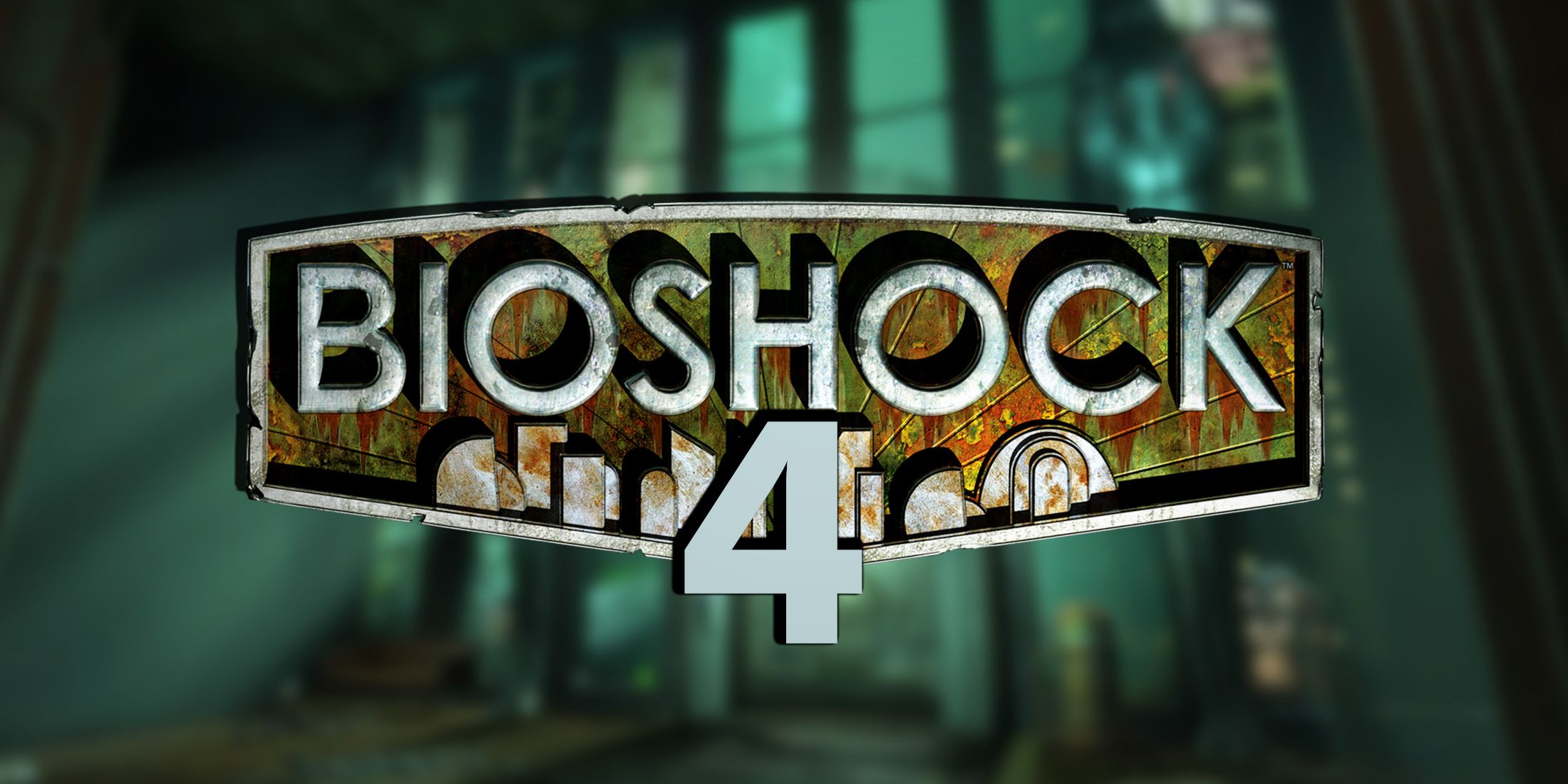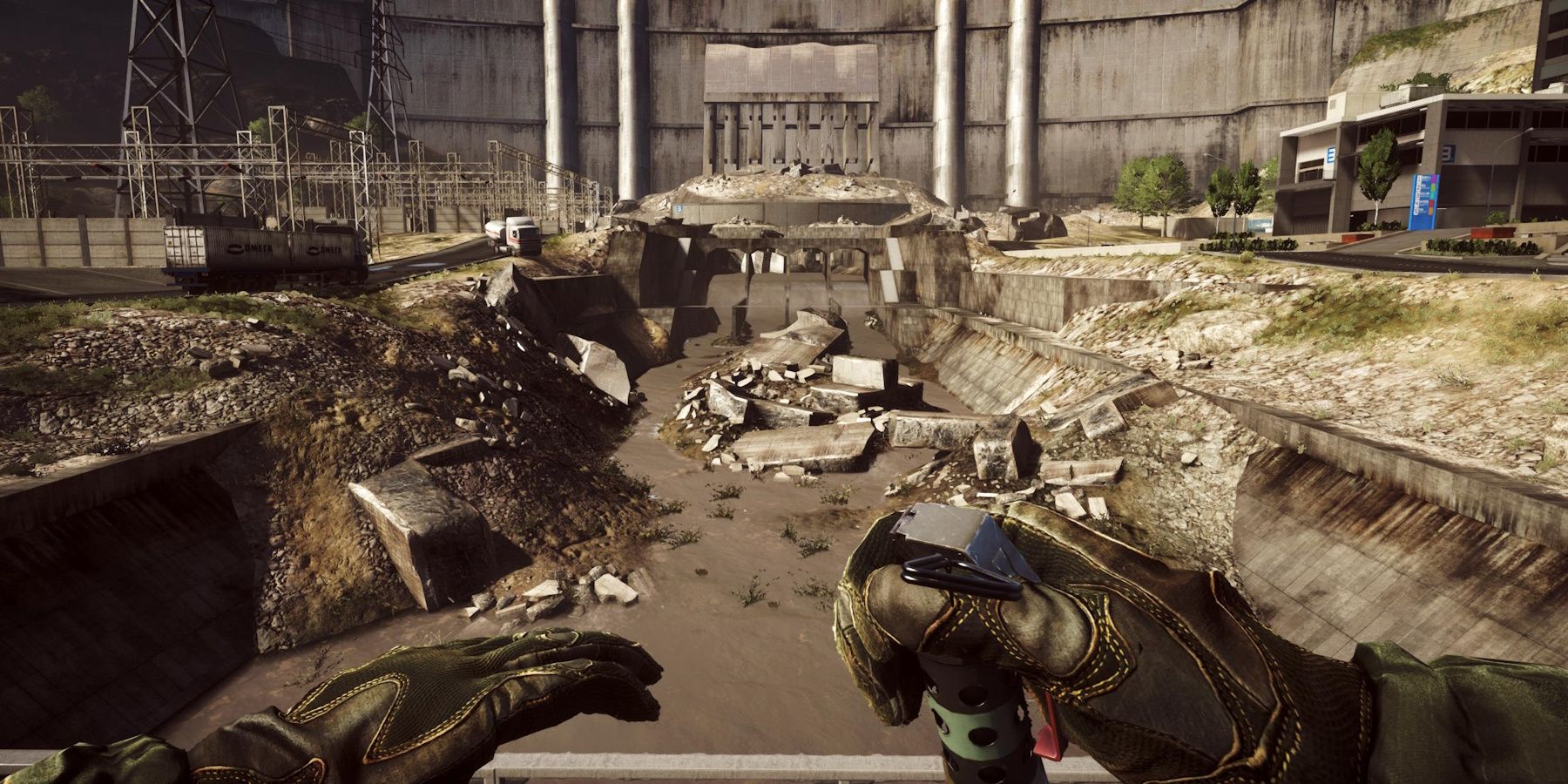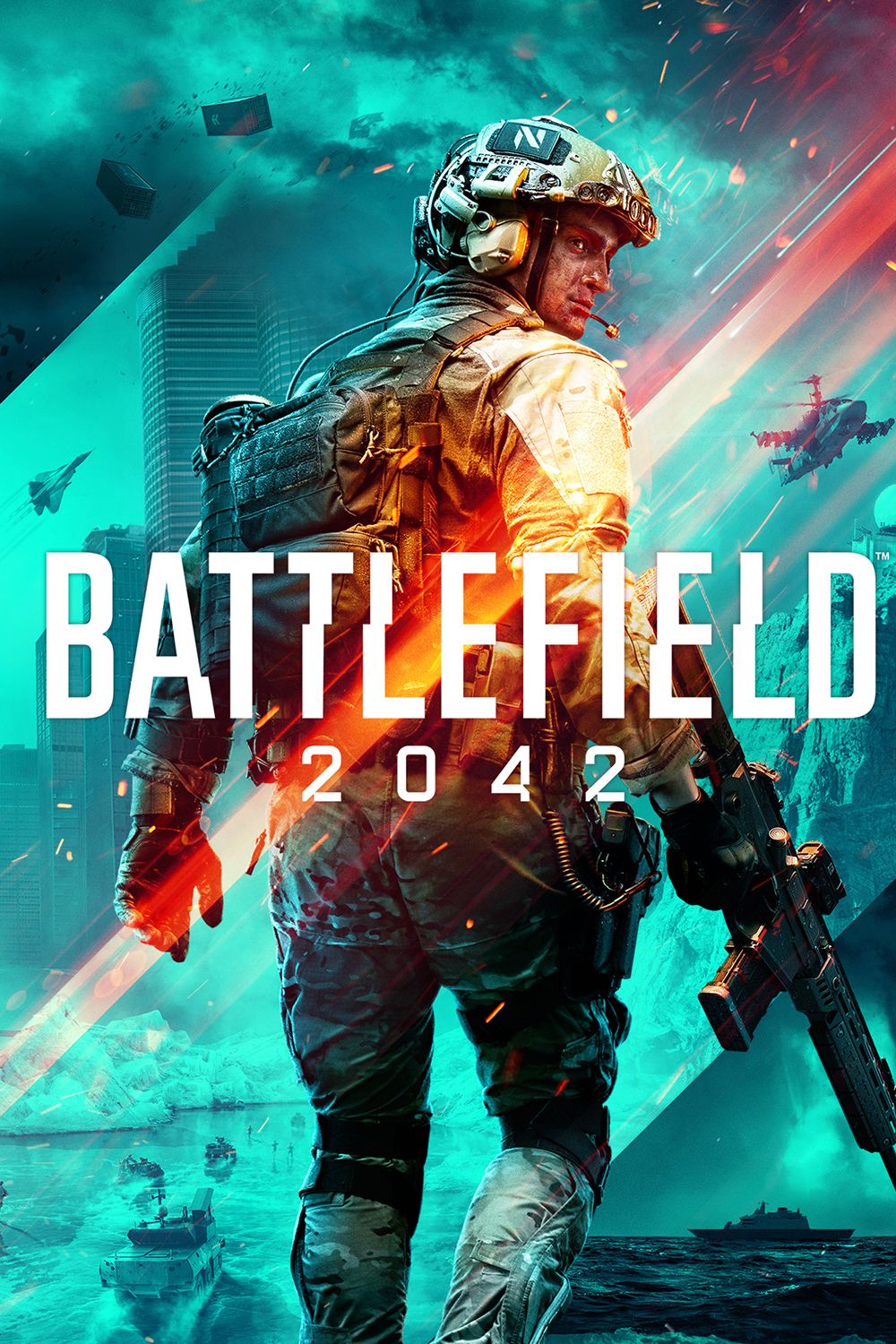Highlights
- Battlefield rumors claim the next game will return to its roots with a focus on environmental destruction.
- Destructible environments in Battlefield have become tamer over time, but the new game reportedly aims to set a new standard.
- The next Battlefield needs to stand out among modern shooters by offering dynamic destruction and a revamped Levolution system.
Out of all the rumors surrounding the release of the next game in EA’s long-running Battlefield series, one seems to be generating far more excitement than any other. While reports of EA and developer Criterion returning to the series’ roots with the next entry are welcome news for many fans, rumors of a renewed focus on environmental destruction in the next Battlefield game are what’s really getting some players’ pulses pumping. Once a hallmark of the franchise, this mechanic has been toned down in recent years but now seems primed for an explosive return to form.
Although destructible environments in games aren’t as uncommon today as they were when Battlefield: Bad Company made the mechanic a central part of its gameplay, they’re still somewhat of a rarity in multiplayer titles. Aside from games like The Finals, where players can raze entire levels to the ground, destruction is limited in scope in most multiplayer games, if it’s even included at all. By doubling down on this much-loved but often-overlooked mechanic with the next Battlefield game, EA could not only pay homage to the series’ past but also set a new standard for future releases.
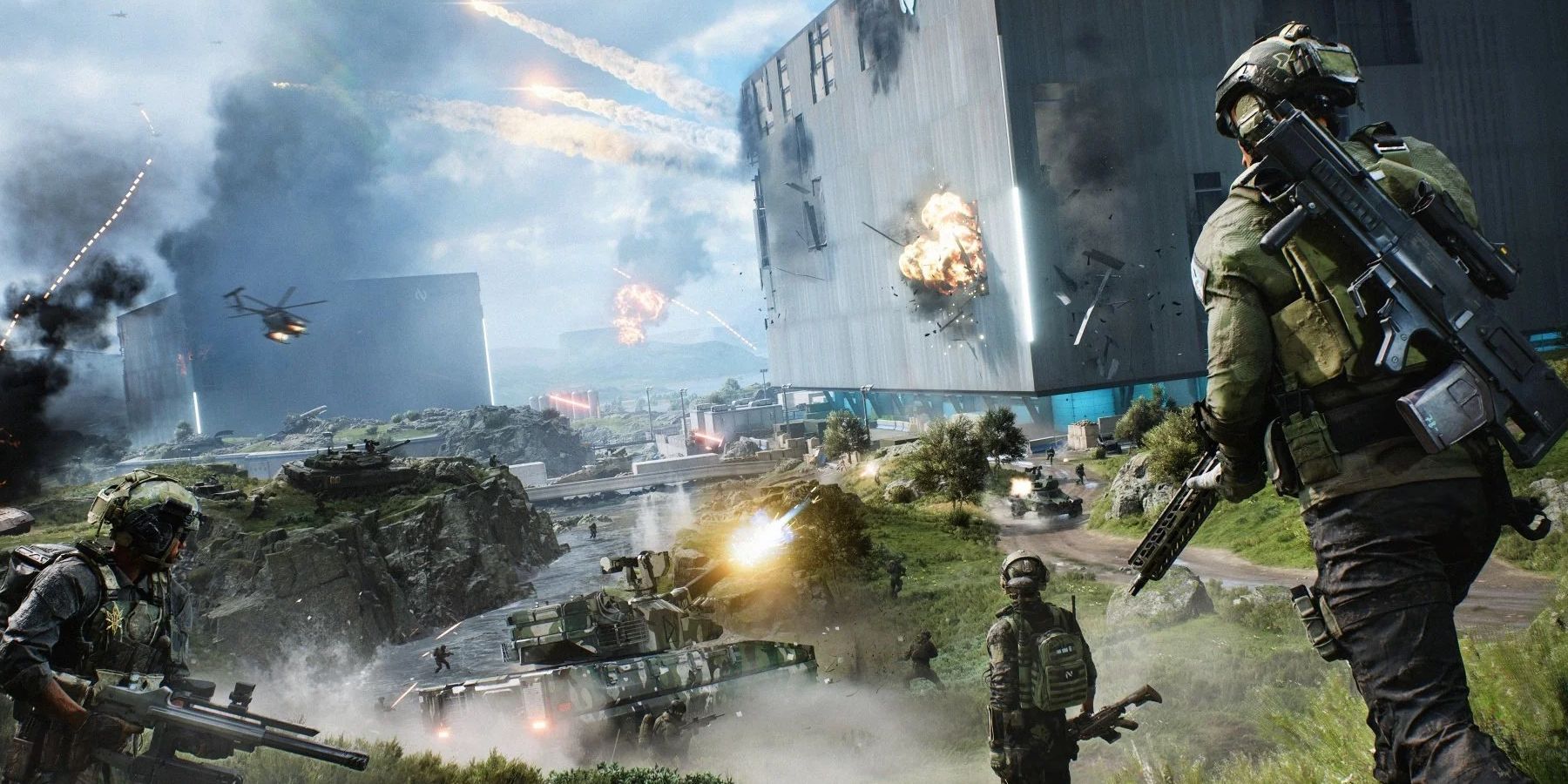
EA Shuts Down Battlefield Developer Ridgeline Games
After layoff announcements, EA states that it will also be sunsetting Ridgeline Games, a Battlefield-focused studio based in Seattle.
Destruction in the Battlefield Series Has Gotten Tamer Over Time
Despite now being a fan-favorite feature, destructible environments weren’t a core part of the franchise until Battlefield: Bad Company was released in 2008. A console-only spin-off of the mainline games, it offered players a series-first single-player campaign alongside two multiplayer modes. While a 24-player limit meant multiplayer matches were less than half the size of the series’ PC entries, the destructible environments quickly made the game a hit with players. The success of Battlefield: Bad Company led to destruction showing up in subsequent games, with Battlefield 4’s Levolution system eventually taking the feature to new heights.
Rather than being limited to knocking holes in walls and destroying small buildings like in the Battlefield: Bad Company games, Levolution let players completely alter the layout of some maps by accomplishing objectives like blowing up a levee to unleash a flood. While similar systems have appeared in subsequent Battlefield games, many players have complained that the scale of the destruction pales in comparison to Levolution. By putting destruction at the forefront of the next Battlefield game, EA could reverse this trend and finally give gamers what they’ve been asking for.
The Next Battlefield Needs to Set a New Standard for Destruction
While recent years have seen EA move away from the detailed destruction mechanics that made Battlefield: Bad Company and Battlefield 4 so popular with players, other games have attempted to fill that niche. The most prominent of these is the free-to-play shooter The Finals, which lets players destroy nearly everything in the game’s arenas. Designed by a team comprised of veteran Battlefield developers at Embark Studios, The Finals sets a high bar for EA and Criterion to clear.
To stand out from The Finals and other competitors, the next Battlefield should strive to once again set the standard for destructible environments in games. One way to do this would be by including levels packed with plenty of buildings to blow up over the course of a match to create a dynamic, ever-evolving playground of destruction for gamers. If accompanied by a revamped Levolution system with even more ways for players to destroy the world around them, this could give the next Battlefield the boost it needs to fight off similar shooters.
Although the current crop of Battlefield rumors gives players plenty to be excited about, from larger match sizes to a back-to-basics approach to gameplay, it’s the return of the series’ much-loved destruction mechanics that could really help it stand out. If EA and Criterion listen to the franchise’s fanbase and deliver the sort of building-busting chaos players have been craving for years, then the next Battlefield could be the series’ most explosive entry yet.

